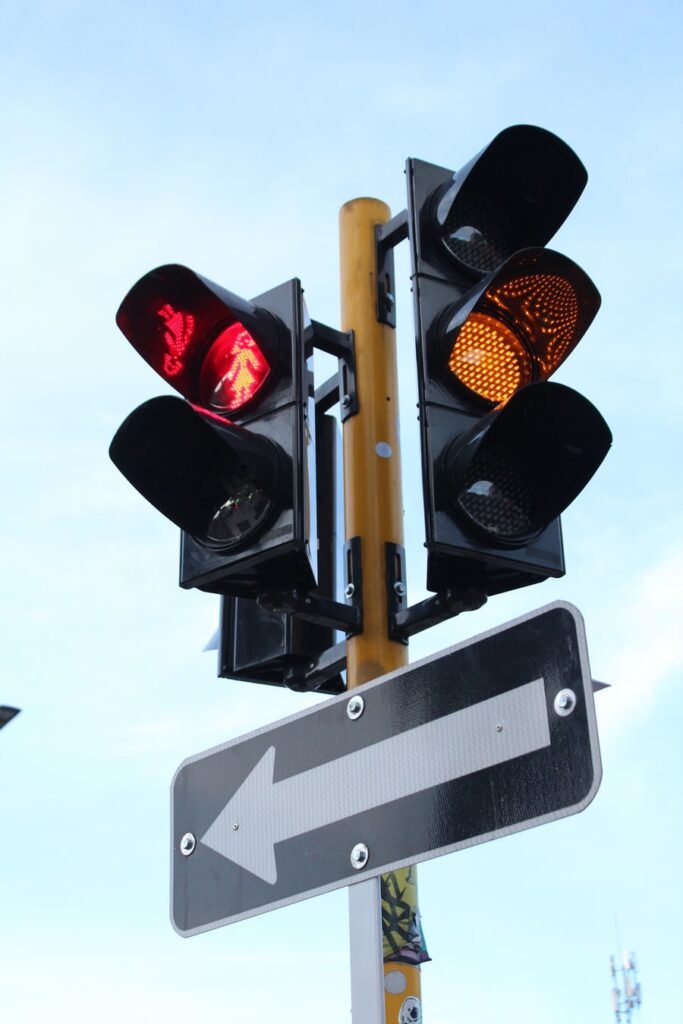Scripture: I Kings 1-3, I Chronicles 29 and 2 Chronicles 1
Learning Objectives:
- Students will learn it is important for parents to remind even their adult children to obey God.
- Students will learn it is important to seek godly wisdom over material things.
- Students will learn sometimes God will also choose to bless us with material things, but God is more concerned we have godly wisdom.
- Students will learn how to rely on God’s wisdom when making decisions.
Guiding Question: Why does turning to God for direction give us the best opportunity to make a good decision?
Materials: Pencils, one green, red, and yellow circle (per student)
Procedure: Review the story of Solomon from the scriptures above. Remind them that Solomon asked God for wisdom instead of wealth, power, or a long life. This was because He knew that wisdom from God was most important for his life. Because Solomon asked for wisdom, God gave it to him and also blessed him with wealth, power, and a long life.
Ask the students how they would define wisdom. Explain that wisdom is knowledge used appropriately in real life and in godly ways. Tell the students that those who are older than us often have godly wisdom about things we may be going through right now. It is important to find those people and learn how to use their wisdom in various situations.
Give each students three “lights”/colored circles of paper (1 red, 1 green, 1 yellow). Give common scenarios in the students’ lives where they have a decision to make. Have them practice thinking of the yellow light any time they have a choice – stop and think what would God want me to do. Then think of red light things God wouldn’t want them to do and green light things God would want them to do. After they have considered all their options, they will choose from green list what decision to make. Students can make yellow, green and red circles with reminders of what they stand for to take home to help them remember what to do when they have choices to make.
Additional Questions: How can students learn the difference between wise and unwise choices?
Supplemental Activity: Write various situation on slips of paper and place them in a cup. Have each student pull out a slip and read it to the class. The class will have to decide if the decision made in that situation was wise or not wise. If not wise, what would have been the better choice?

